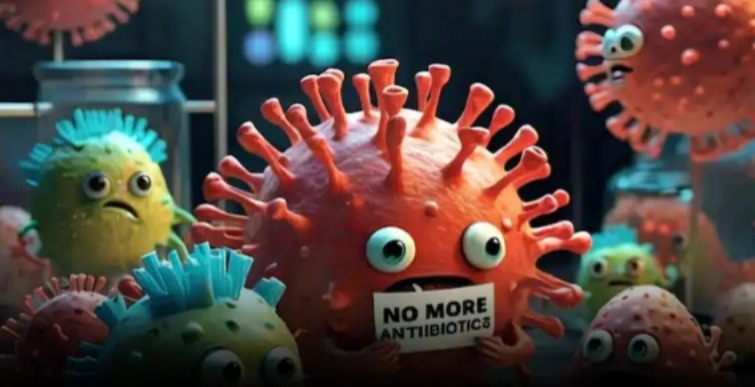
Antimicrobial resistance (AMR) has become a major challenge worldwide, particularly affecting low- and middle-income countries (LMICs) and vulnerable populations. Effective antimicrobials are vital to human and animal health and should be viewed as a global commons.
What is microbial resistance?
Antimicrobial resistance (AMR) occurs when microorganisms such as bacteria, viruses, fungi, and parasites become resistant to medicines. AMR makes medicines ineffective and infections more difficult to treat. This increases the risk of spreading infection, severe illness, and death. AMR also leads to longer hospital stays and more intensive care needs for patients. This puts pressure on health services and increases the cost of health care.
Experts gave this information
A high-level meeting on antimicrobial resistance (AMR) was held in the United Nations General Assembly in 2024, in which microbial resistance i.e. antimicrobial resistance (AMR) was discussed. On this, we spoke to some experts, who told that in the last few years, normal and restricted antibiotics are being used a lot, due to which its effect on people is gradually decreasing.
How will you get benefit?
To reduce the impact of antimicrobial resistance (AMR), high-income and upper-middle-income countries must ensure domestic resource allocation. Countries with limited resources will need assistance in implementing national action plans. Resource mobilization must be promoted at the national and global levels. In addition, political commitment, support and resource mobilization must be initiated.
Read More: Lung Cancer Symptoms: Children do not smoke, then why do they get lung cancer, what are its causes?
--Advertisement--

 Share
Share



